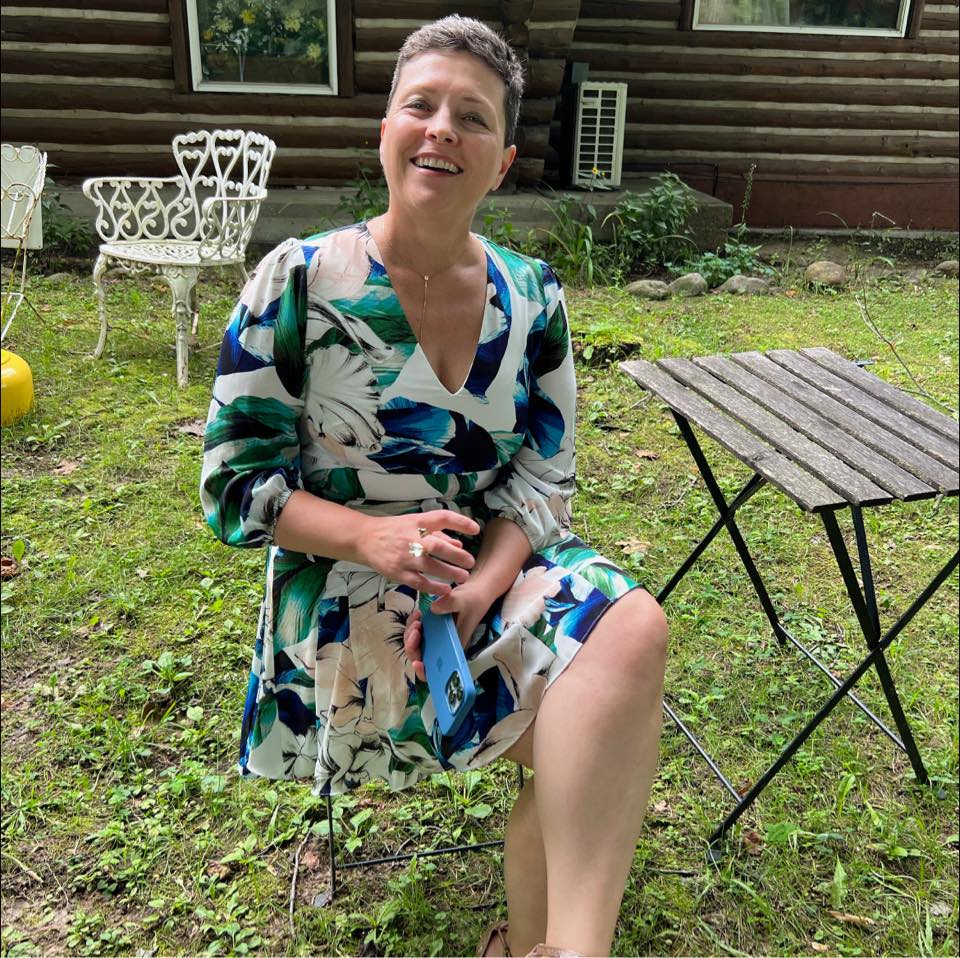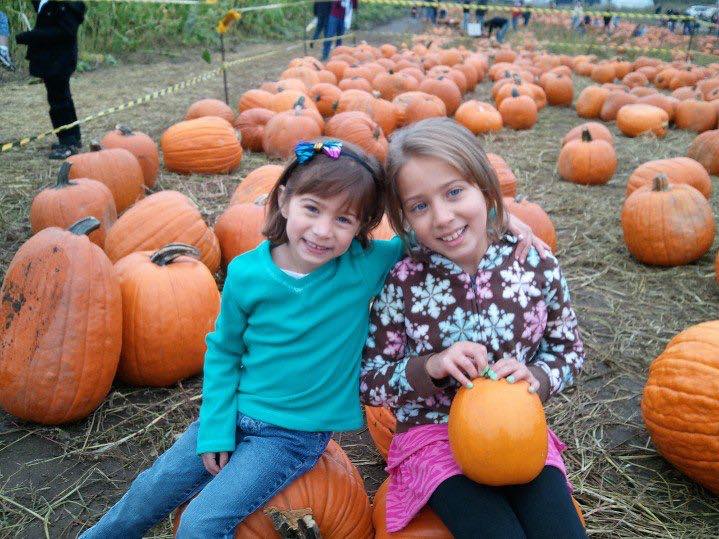If you’re a parent interested in karate for your young child, you may have wondered, “What’s the best age for my child to begin karate?” It’s a question we hear all the time at Karate West. Some parents worry their child might be too young, while others worry they may miss the “window” if they don’t start soon enough.
After more than 36 years of teaching thousands of children, we’ve found that the sweet spot is often ages 4 to 6. These years are full of rapid growth in coordination, listening skills, and confidence. It’s a time when kids are eager to learn, but still need a structured, supportive environment. Karate provides exactly that — the perfect mix of discipline, fun, and encouragement.
That’s why we designed our Little Dragons karate classes in Issaquah specifically for preschoolers and kindergartners. It gives kids the chance to develop strong habits early, setting the stage for lifelong success.
Why Ages 4–6 Are Ideal for Martial Arts
Between the ages of 4 and 6, children are experiencing some of the most important developmental milestones of their lives. They are:
-
Refining balance, coordination, and fine motor skills.
-
Beginning to follow structured instructions with consistency.
-
Exploring independence while still needing clear boundaries.
-
Developing social awareness — learning to share, cooperate, and respect others.
Karate supports all of these milestones in an age-appropriate, positive way. Unlike many sports where young kids might sit on the sidelines, karate keeps every student actively engaged. Each bow, drill, and simple form is a building block for greater responsibility and confidence.
Building Focus and Listening Skills
One of the biggest challenges parents share is getting their young child to listen the first time. At home, it may take several reminders to get shoes on or finish brushing teeth. In school, kids may struggle to sit still or follow directions.
Karate addresses this head-on. In every class, Little Dragons practice listening to a clear instruction, pausing, and following through. Whether it’s standing in “attention stance” or responding with a loud “Yes, sir!” when their name is called, kids learn that focus is part of the fun.
Parents often tell us they notice a big difference at home after just a few weeks. A child who once needed five reminders now responds the first time — because they’ve been practicing it in the dojo.
Confidence Through Small Successes
Confidence is one of the greatest gifts karate gives young children. In our karate classes for kids Issaquah, we break big goals into small, achievable steps. A 5-year-old may not be ready for a long kata, but they can master a stance, a block, or a simple combination.
Every time they achieve one of these milestones — and receive recognition for it — their confidence grows. Even something as small as earning a stripe or demonstrating a move in front of classmates makes them beam with pride.
This confidence often spills over into other parts of life. Parents share stories of shy children who suddenly raise their hand in school, speak up more at home, or try new activities with excitement instead of hesitation.
Respect and Responsibility From the Start
Respect is a cornerstone of martial arts, and it begins with the very youngest students. From the first day, Little Dragons learn to bow, address instructors politely, and treat classmates with kindness. These routines become second nature, shaping how children interact not only in karate but everywhere else.
Responsibility grows in simple ways too. Students are expected to take care of their uniform, line up properly, and put away equipment after use. These may seem like small tasks, but for preschoolers, they’re powerful lessons in taking ownership.
Parents often notice their children becoming more dependable at home, remembering to complete small chores or take care of their belongings without reminders.
Why Karate Works Better Than Many Other Activities at This Age
There are many great activities for young children, but karate offers unique advantages for ages 4–6:
-
Individual Progress – Every child moves forward at their own pace. No one is “benched” or left behind.
-
Structured Yet Fun – Karate balances discipline with engaging games, so children learn while having fun.
-
Year-Round Training – Unlike seasonal sports, karate provides consistency throughout the year.
-
Life Skills Built In – Respect, patience, responsibility, and confidence are taught as intentionally as kicks and blocks.
This combination makes karate a top choice for parents who want more than just physical activity — they want a program that develops character, too.
Fun Ways Parents Can Reinforce Karate at Home
One of the reasons our families love family martial arts in Issaquah is that karate lessons don’t end when class is over. Here are a few simple, fun ways parents can help their 4- to 6-year-olds practice at home:
-
Karate Helper – Put your child in charge of their gi and belt. They’ll feel proud of this responsibility.
-
Listening Game – Play a karate version of “Simon Says.” It strengthens focus and listening skills.
-
Show-and-Tell Karate – Ask your child to demonstrate their favorite move or stance for the family. It builds confidence and communication.
-
Respect Practice – Encourage polite responses (“Yes, ma’am/sir”) during family routines, just like in class.
These activities turn life skills into everyday habits, helping kids see that karate is more than a sport — it’s a way of life.
The Long-Term Payoff of Starting Early
Parents sometimes ask, “Will my child really stick with karate if they start this young?” The answer is often yes — especially when kids start in an encouraging, structured program like Little Dragons.
Children who begin at ages 4–6 develop a strong foundation of skills and habits that carry them into our Youth Program (ages 7–12) and even into our Teen/Adult Program later on. Many of our black belts started as Little Dragons and grew up in the dojo.
The long-term benefits go beyond karate. Kids who practice patience, responsibility, and confidence at age 5 carry those qualities into middle school, high school, and beyond. Parents often say, “Karate gave my child an edge in life, not just in sports.”
Karate West: A Trusted Partner in Parenting
For more than 36 years, Karate West has been Issaquah’s trusted family martial arts school. We’ve seen thousands of preschoolers and kindergartners begin their journey with us — many of whom grew into confident black belts, leaders at school, and role models in the community.
Our instructors are experienced not only in martial arts but in working with young children. We know how to make lessons engaging while maintaining the structure kids need. Parents often tell us, “This is the first activity where my child really listens and follows through.”
By choosing Karate West, families know they are giving their children more than a class — they’re giving them a community, a support system, and a foundation for success.
Final Thoughts
So, what’s the best age to start karate? While students of all ages benefit, ages 4 to 6 are some of the most powerful years to begin. It’s a stage when kids are eager to learn, ready for structure, and bursting with energy. Karate channels that energy into respect, responsibility, and confidence.
At Karate West, our Little Dragons karate program in Issaquah is designed to give preschoolers and kindergartners the strongest possible start. With fun, age-appropriate classes, caring instructors, and life skills built into every lesson, kids not only learn karate — they learn how to listen, focus, and believe in themselves.
If you’ve been considering karate for your child, now is the perfect time to start.
We are ready to help your child grow in mind, body, and character. Join us for a free trial!










